Students can Download EVS Chapter 1 Living World Questions and Answers, Summary, Notes Pdf, KSEEB Solutions for Class 5 EVS helps you to revise the complete Karnataka State Board Syllabus and score more marks in your examinations.
Karnataka State Board Class 5 EVS Chapter 1 Living World
Class 5 EVS Living World Text Book Questions and Answers
1. In the following chart some components of the environment as well as. some of the living characteristics are given. Read carefully. It in each of the components the characteristics given in front of them are found, marl(✓) sign. If these characteristics are not found mark(✗) sign.
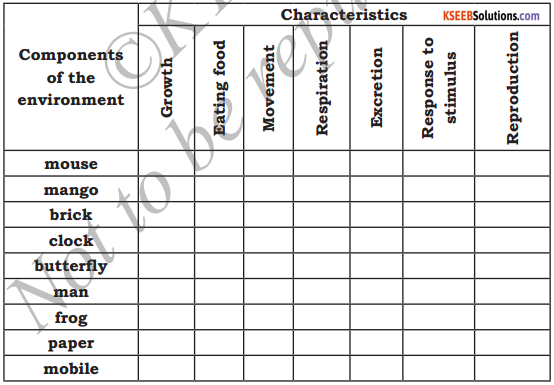


![]()
2. Identify them as living or nonliving put (✓) sign in front of the correct choice.
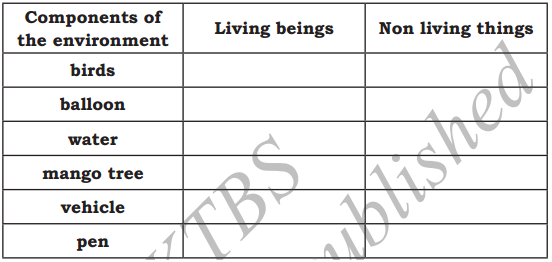
| Environmental components | Living | non-living |
| Birds | ✓ | ✗ |
| Ballon | ✗ | ✓ |
| Water | ✗ | ✓ |
| Mango tree | ✓ | ✗ |
| Vehicle | ✗ | ✓ |
| Pen | ✗ | ✓ |
3. Identify the Picture and write here.
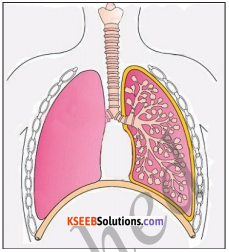
Respiratory System
4. Write the important works they do.
| Organism | Work |
| 1. Elephant 2. Bullock 3. Dog |
Tourism magnets Transportation Tracking and Hunting |
![]()
5. Observe the figure. Four important components needed to produce food by the plants are given. which? from what? is given below. Join the statements correctly and write
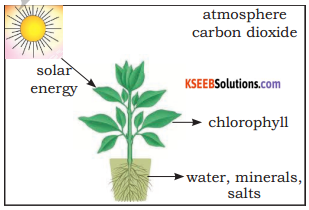
| Which | From What | Correct and write here |
| 1. Solar Energy | Greeb leaf | Sun |
| 2. Water, minerals | Atmosphere | Soil |
| 3. Carbon dioxide | Sun | Atmosphere |
| 4. Chlorophyll | Soil | Green leaf |
6. Write the uses:
- Glucose: It is used in respiration to release energy for use by the plant’s cells
- Oxygen: Its major use is in steel production, for example in the Bessemer process.
7. Observe the figures below. These are plants which do not prepare food in plant kingdom. They how do they obtain their food?

Drosera, Nypenthes, Utrieularia Plants depend on insects for their food. These ar e called insectivorous plants.
![]()
8. Define:
- Herbivore: Animals those eat only plants and plant products
- Carnivore: Animals those who live eating other animals.
- Omnivore: Animals those who eat both plant and animals as food.
9. With the help of this figure list herbivore, carnivore and omnivore in the chart below.
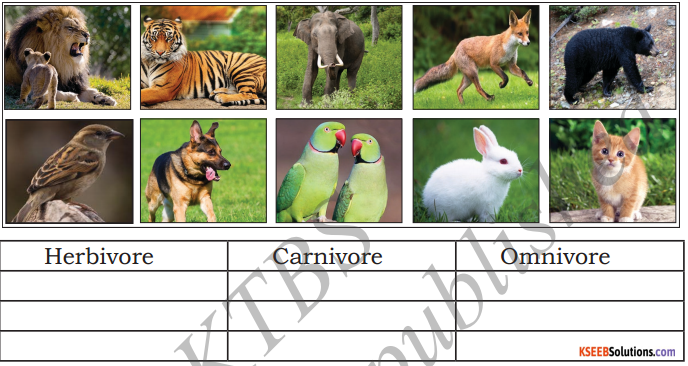
| Herbivore | Carnivore | Omnivore |
| Elephant Parrot Rabbit |
Lion, Tiger Cat, Fax Owl |
Bear, Dog |
10. Observe the figures below.

These pictures show the growth of that particular organisms. In every’picture there is an increase in height, width size and weight. This is called as growth.
![]()
11. True or false statements, according to growth.
- All organisms are small at the time of birth, later acquire definite heigh and weight – True
- Growth takes place rapidly in one or two days – false
- Plant growth is observed at its stem tip or [stem width] by the size of the stem – false
- Organisms continue their generation by reproduction – True
- In environment other organisms get food by reproduction – false
- Reproduction is seen only in animals – false
- There will not be any danger in Environment by over reproduction of a single organism – True
12. Observe these pictures. Which living characteristic these indicate?
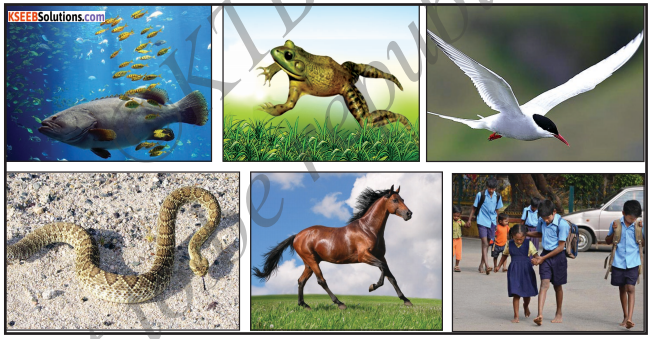
Yes, all these are related to movement. Movement is a living characteristic specially of animals.
13. Some animal names are given below. Write here their organs for movement
- Man – Walking
- Eagle – Swimming
- Kangaroo – Crawl – walking
- Bat – Flying
14. Discuss in groups why animals move and write in the space given.
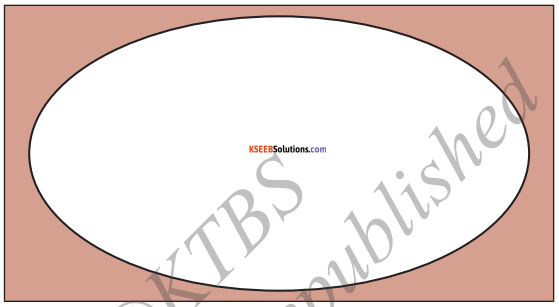
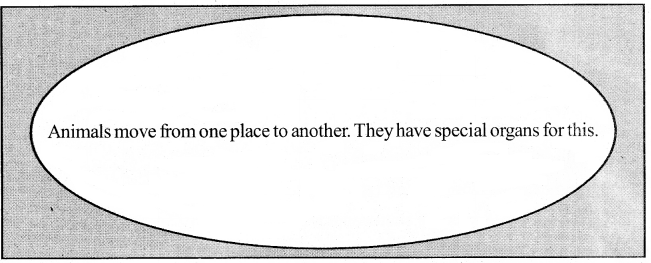
![]()
15. Given below are certain statements related to reproduction. Mark (✓) if statements are correct (✗) if wrong.
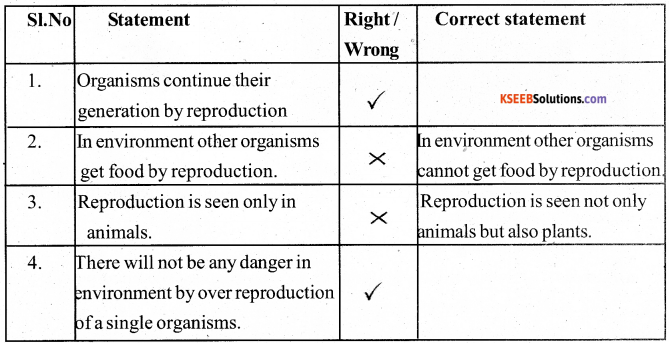
16. List the animals those which lay eggs and those which directly give birth to young ones.
- Animals those which lay eggs: Fish, Birds, reptiles, insects
- Animals those which directly give birth to young ones: Wizard, Frogs, Snakes, Mamals
17. List the plants that reproduce through seeds and stems.
Plants that reproduce through seeds:
- Soybeans
- Mangoes
- Carrots
Plants that reproduce through stems:
- Rose plant
- onion
- Potato
![]()
18. Reproduction of plant is advantageous to animals including man in many ways
Reproduction of plant advantages:
- The time taken is short for this type of reproduction,
- Chance of variation is less, mutation is less frequent.
19. Observe the figures, how organisms respond to stimuli?

Folding of leaves when touched, in touch me not plant, stinging of scorpion when some external thing touches it, flower of sunflower plant turning in the direction of sun – this way organisms respond to stimuli,
20. Write the uses of the plants given below:
- Annuals:
- Annuals that normally have an extended Blooming period.
- Sweet-scented
- Biennials:
- Garden store
- Plant breeding
- Perennials :
- Flowerbeds
- Herb gardens
![]()